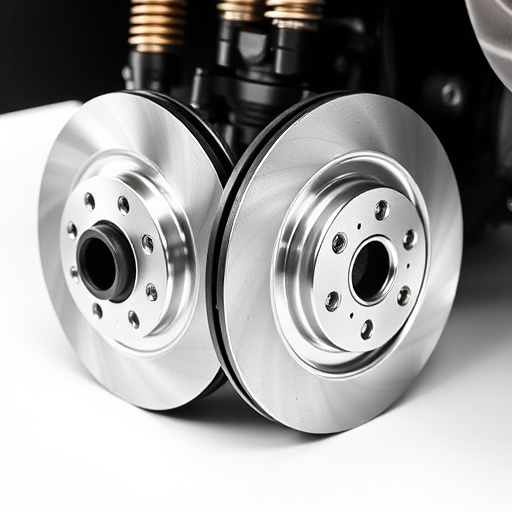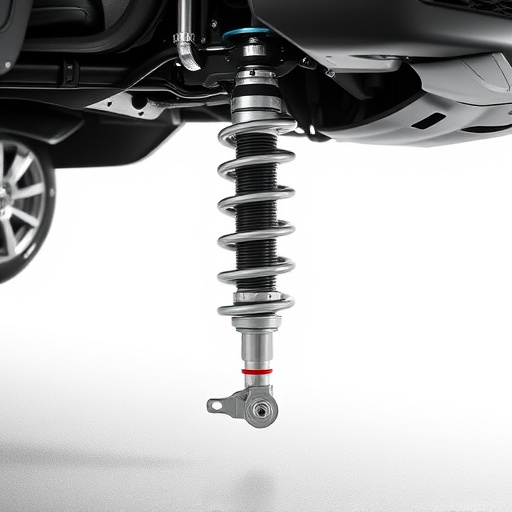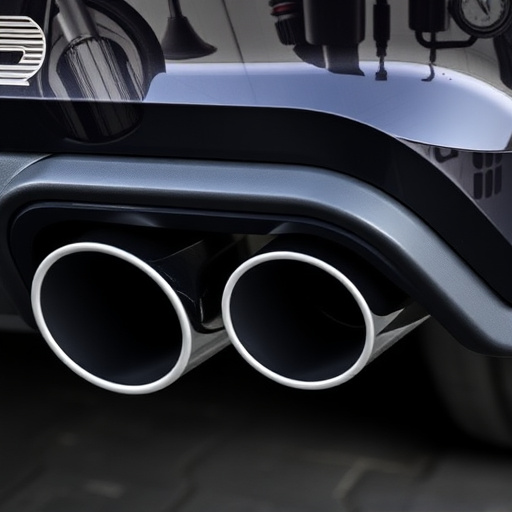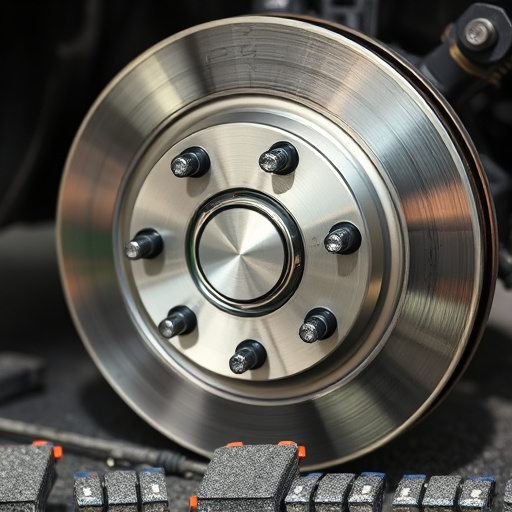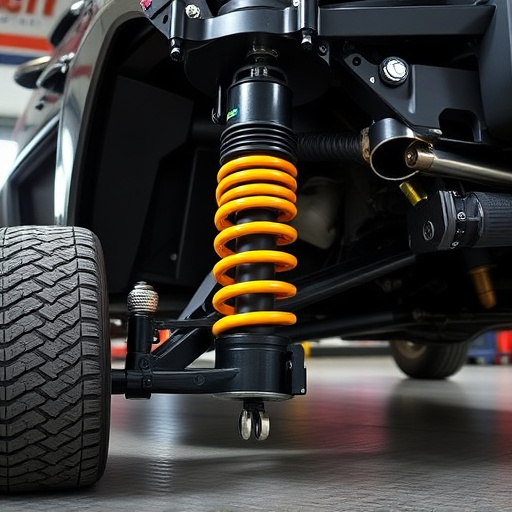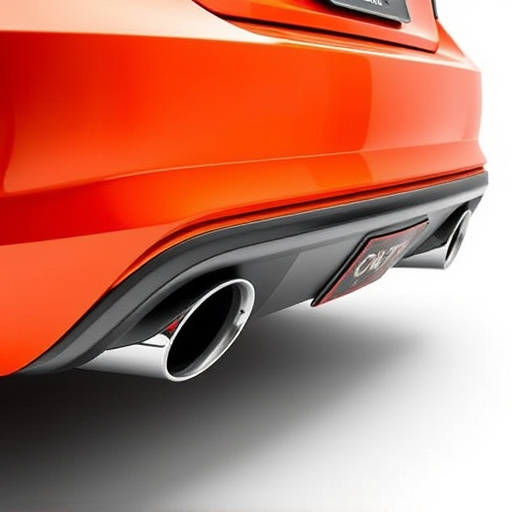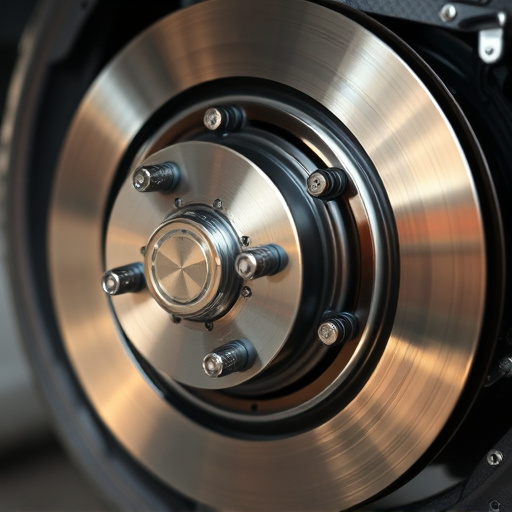Catalytic converters are vital for modern vehicles, reducing harmful emissions and ensuring compliance with environmental standards. Over time, these components can become inefficient due to various factors, requiring regular maintenance and timely replacement. Signs necessitating a catalytic converter replacement include increased exhaust emissions, engine performance issues, decreased fuel efficiency, unusual noises, or failed emissions tests. Proactive maintenance and prompt replacement are crucial for both environmental preservation and optimal vehicle health, especially when considering modifications that enhance performance.
Wondering if your car needs a catalytic converter replacement? This guide is your go-to resource. Catalytic converters are crucial components that play a vital role in reducing vehicle emissions, transforming toxic gases into less harmful substances. Understanding their function and recognizing signs of wear can help you maintain optimal engine performance. We’ll walk you through identifying when replacement is necessary, the process involved, and essential considerations to ensure a safe and effective fix.
- Understanding Catalytic Converters and Their Function
- – What are catalytic converters?
- – Their role in vehicle emissions control
Understanding Catalytic Converters and Their Function

Catalytic converters are integral parts of a vehicle’s exhaust system, playing a vital role in reducing harmful pollutants and emissions. These sophisticated devices work by facilitating a chemical reaction within the exhaust gases, transforming toxic substances into less harmful compounds. This process is crucial for maintaining air quality and ensuring vehicles meet environmental emission standards.
A catalytic converter replacement becomes necessary when these components fail or become inefficient. Over time, catalysts can lose their effectiveness due to various factors, including exposure to extreme temperatures, mechanical damage, or contamination from fuel contaminants. When this occurs, it’s often accompanied by increased exhaust gas emissions and potential issues with engine performance, highlighting the importance of regular maintenance and timely replacement for optimal vehicle health and environmental compliance.
– What are catalytic converters?
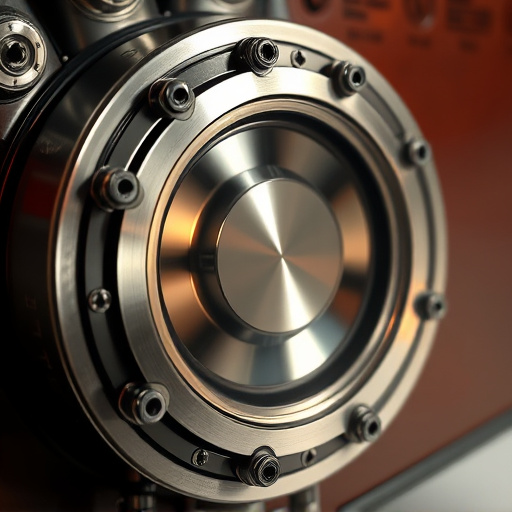
Catalytic converters are essential components of modern vehicles’ exhaust systems. Their primary function is to reduce harmful gases emitted by the engine, converting them into less toxic substances. This process is crucial for environmental protection and ensuring vehicle efficiency. Located in the exhaust pipe, these devices facilitate a chemical reaction that breaks down pollutants, notably nitrogen oxides, unburned hydrocarbons, and carbon monoxide.
While they are designed to last, various factors can lead to their deterioration or damage. Issues like engine misfires, low oil levels, or using fuel with high sulfur content can compromise the catalytic converter’s performance. Regular maintenance, including timely oil changes and adhering to manufacturer recommendations, can prolong its life. However, if you notice a decrease in fuel efficiency, unusual exhaust noise, or failed emissions tests, it might indicate that a catalytic converter replacement is necessary, especially when considering upgrades like coilover kits or cat back exhaust systems for optimal vehicle performance.
– Their role in vehicle emissions control
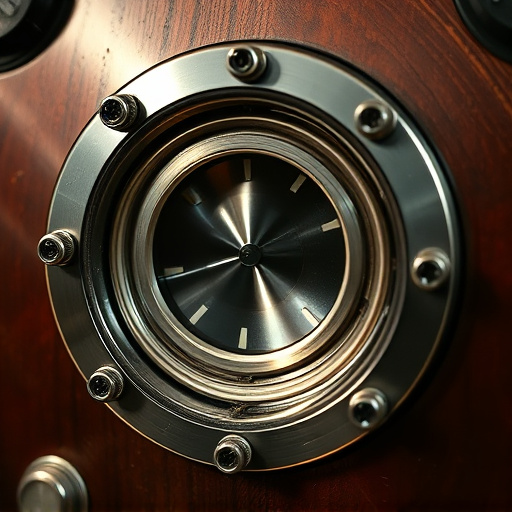
The catalytic converter is a vital component in modern vehicles, playing a crucial role in controlling and reducing harmful emissions. This essential part of your vehicle’s exhaust system acts as a filter, converting toxic gases into less harmful substances before they leave the vehicle. It catalyzes chemical reactions that break down pollutants like carbon monoxide, nitrogen oxides, and hydrocarbons into safer compounds, primarily water vapor, carbon dioxide, and nitrogen gas.
Regularly maintaining and replacing this component is vital for several reasons, including environmental protection and vehicle performance. Over time, catalytic converters can become clogged or damaged due to factors like debris in the air intake systems, wear and tear on brake rotors, or corrosion from exposure to harsh conditions, leading to reduced efficiency and increased risk of emissions failures. When a converter requires replacement, it’s often a sign that your vehicle’s exhaust system needs attention, ensuring smoother operations and adhering to environmental regulations.
Knowing when your catalytic converter needs replacement is crucial for maintaining your vehicle’s efficiency and environmental friendliness. By understanding the vital role catalytic converters play in reducing harmful emissions, you can stay ahead of potential issues. Regular maintenance, including timely replacements, ensures your car operates smoothly, complies with emission standards, and contributes to a cleaner environment. Keep an eye on warning signs like reduced fuel efficiency, unusual noises, or failed emissions tests, as these may indicate the need for a catalytic converter replacement.








